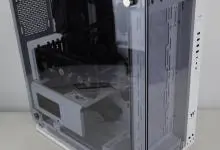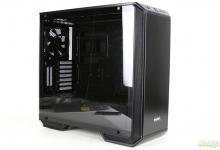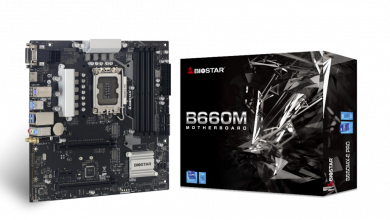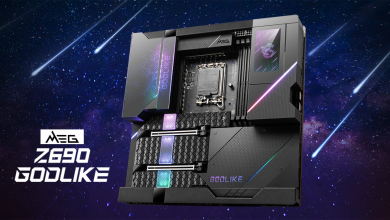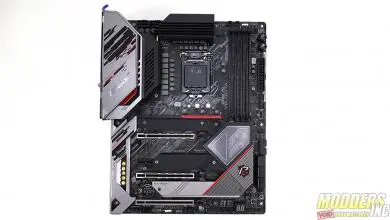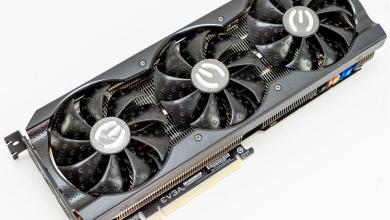Origin Genesis PC Chassis Review – Part 2
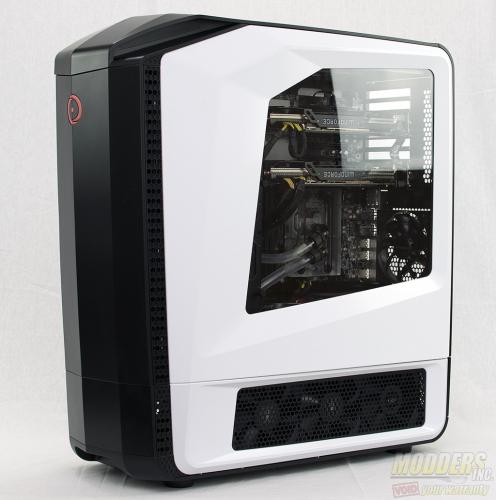
For an average person with a little bit of mechanical ability, the Origin Genesis will not be a difficult build. It can and or will be time consuming however. I did have some fitment issues with a few parts, but that is a non issue as there are plenty of parts readily available that will fit. Inside there is plenty of room to work. I never felt cramped nor did I feel that I was fighting the case when running wires or tubes. The only issues that I seemed to have is getting the case itself all back together and lined up properly. If the foundation of the case, i.e. the frame, is not straight and lined up, not much else will fit correctly.
The sheer amount of screws that I had to remove to move parts from one side of the case to the other is quite a lot. A lot more actually than I had initially thought. Using screws to secure the case, as well as the brackets, etc. is a major bonus in my opinion. It gives the Genesis a leg up on other cases, especially from a modding standpoint. Using screws allows a modder an easier time when disassembling the case vs. rivets or welds. This case can be broken down to just flat pieces that go to the top and bottom, and the frame.
Performance of the Origin Genesis was right what I expected. The case has a fan controller built in, the fan controller was set to the lowest setting. To test CPU cooling performance, I ran a non stop loop of ADIA64’s CPU Stress test and at the same time, I had Uniengine’s Heaven running at 4K on a Monoprice CrystalPro 4k 28″ monitor. The Intel i7-5960x temperature at stock speed was 46.8°C at stock speeds and 67.5° overclocked to 4.5 GHz @ 1.33v on the vCore. GPU temperatures were taken with the fan speeds set in the software to automatic. During the test the GPUs reached a maximum temperature of 53°C and I could not hear the fans running. The top section of the case recorded a maximum temperature of 27°C and the lower portion of the case recorded a temperature of 26°C after 30 minutes of testing.
I really like the design of the Origin Genesis PC case. I remember when I saw it at CES, I was completely enamored by it. I couldn’t get enough information on this case. I was impressed by the impressive amount of engineering that went into making this case do what id does. However, I did expect a case manufacture to cross that bridge, not a system builder. Regardless, as much as I like the Genesis, there are some minor issues. The manner in which most of the plastic parts attach to the case. Most of the plastic parts are held on by plastic stand-offs that accept a screw. These can be easily stripped or broken, there is not a whole lot one (a non-modder) can do to fix it. I would have much rather seen metal side panels. I see now why Origin recommends their customers not change the orientation of the case by themselves. Other than that small issue, the case is great. The frame work of this case is extremely solid and well build. The interior is clean. All corners are rounded and there’s very few placed to get snagged on. There is plenty of space for a full blown water cooling loop for the CPU and four GPUs, or you can simply take it and put a tower style CPU cooler on. That one thing, the ability to customize the case how you see fit is what really makes the Genesis a terrific PC case. If you can get your hands on one, I seriously doubt you’ll be disappointed.
[sc:editors_choice_award ]
